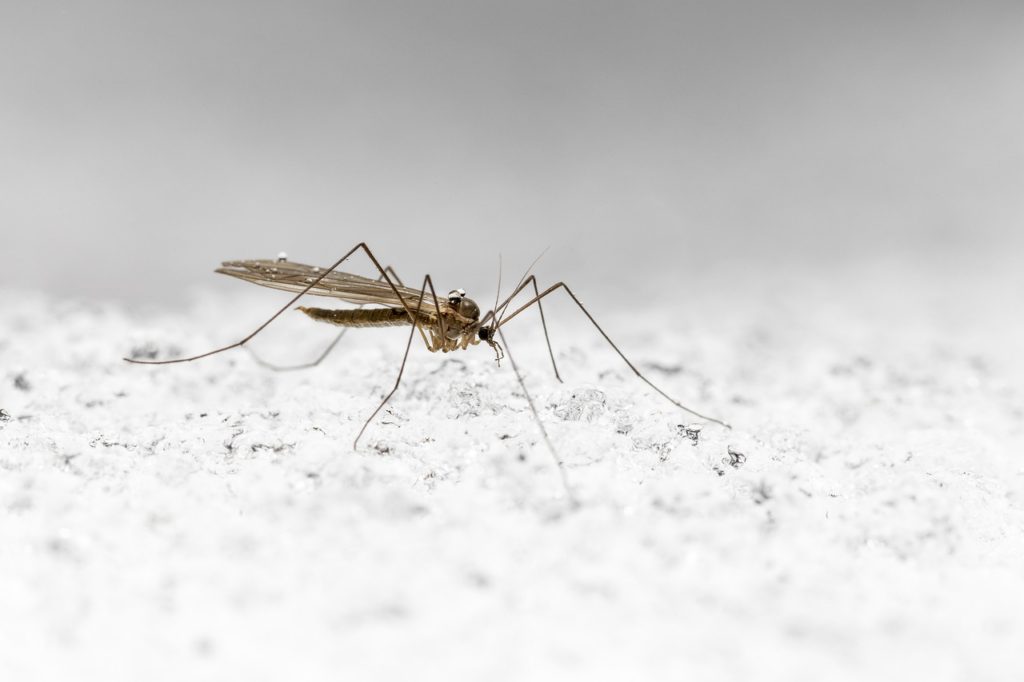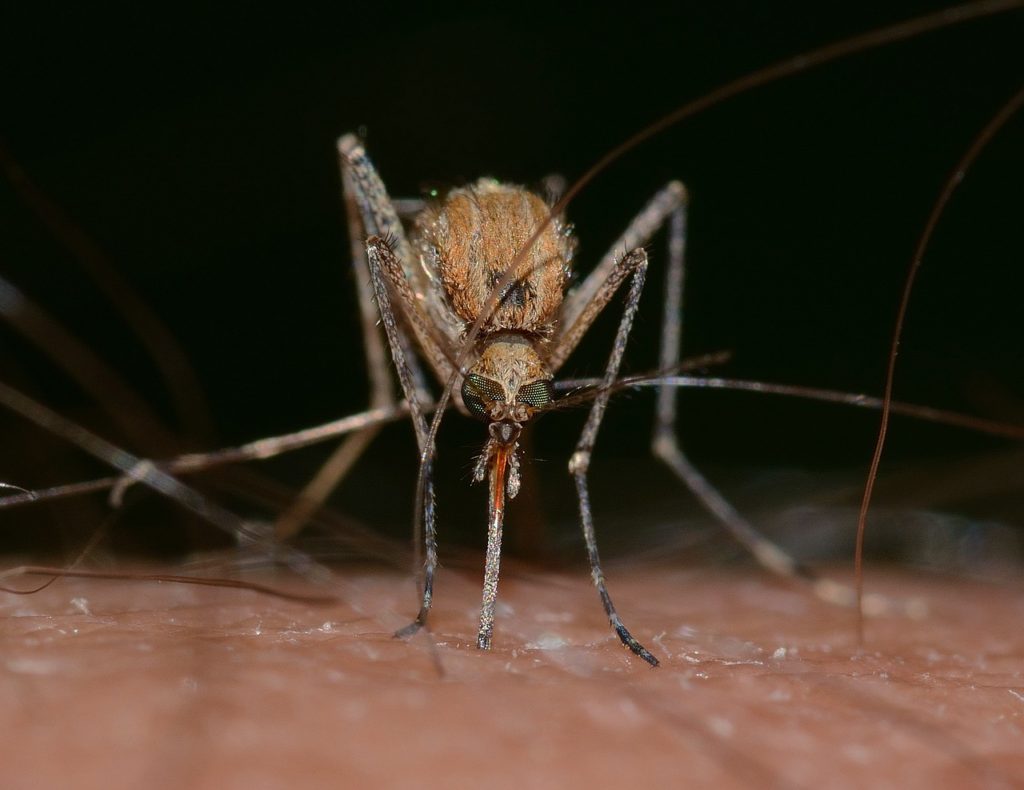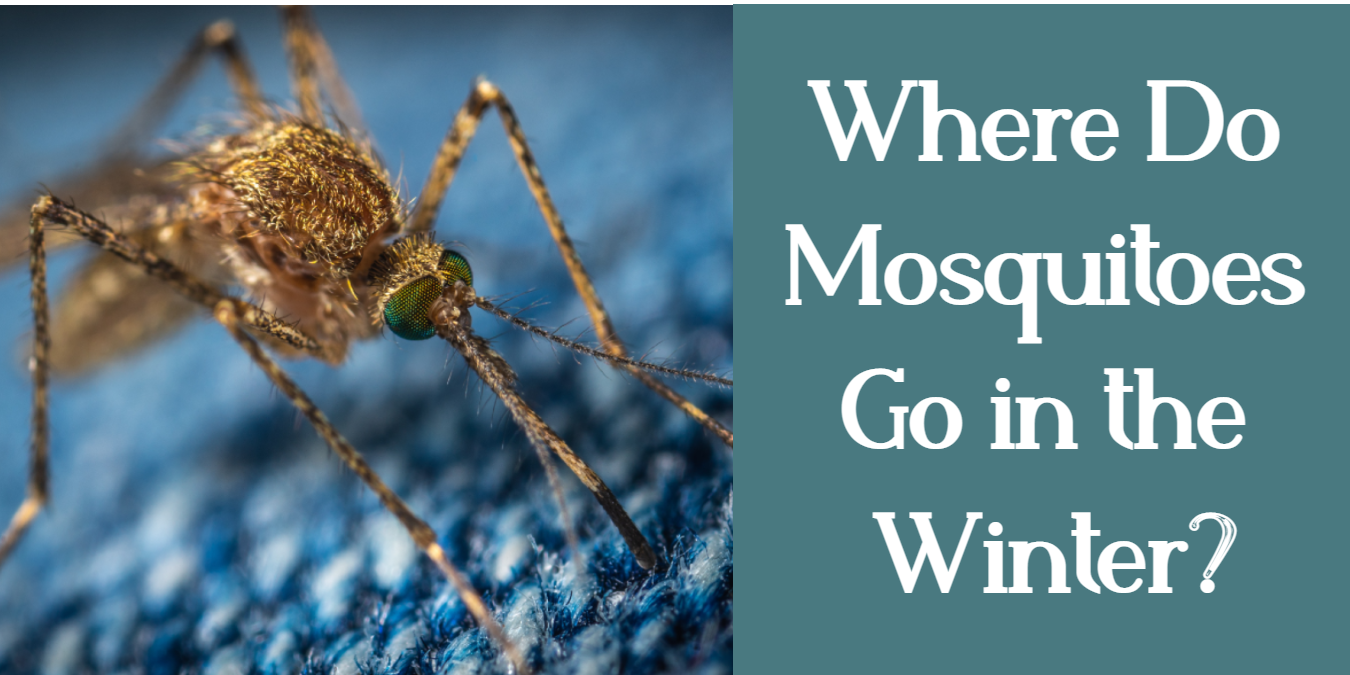The question of where do mosquitoes go in the winter may not be the first thing that comes to mind when swatting the little pests away during the heat of the summer. But it is a legitimate question to ask since they disappear once the cooler months of late fall and early winter begin.
Given the actions of birds, mammals, and other creatures, the question of where do mosquitoes go during the winter may be associated with moving to a warmer location. It makes sense since birds and other creatures will do the same. Herd animals such as the buffalo would roam vast stretches of land during the seasonal changes, moving to where the greater supply of food is located. For the mosquito, it seems logical that they would do the same.
Mosquitoes are many things, but resilient is probably their most notable quality. Scientists believe that mosquitoes have essentially gone unchanged over the past 46 million years. That is despite the fact that they are so vulnerable to the cold. You may wonder where mosquitoes go in the winter to escape the deadly threat that winter poses. But the truth is that they do not go anywhere.
Do Mosquitoes Hibernate in the Winter?
Although many people associate hibernation with animals like bears or bats, mosquitoes hibernate as well during the winter months. To be more accurate, female mosquitoes are the ones who will hibernate. They do so in protected areas such as hollow logs or dens in which animals call home. This is because male mosquitoes have a very short lifespan of only 10 days. By the time the cool winds of fall roll around, the male mosquito is long dead.
Female mosquitoes will find a protected spot and then hibernate until the arrival of spring. They stay there until the temperatures are warm enough during the day and night to support their bodily functions. It is why mosquitoes are not found in the Arctic since the average temperature never gets warm enough for them to operate properly.

Plus, countries such as Iceland are virtually free of mosquitoes. This is not so much because Iceland lacks warm weather. Far from it! It is more to do with occasional bouts of unusually warm weather during the winter. Mosquitoes are very sensitive to temperature changes and this interrupts their life cycle.
This is what the female mosquito does before going into hibernation in the fall:
Laying Eggs
Understanding where mosquitoes go in the winter includes the time when the female mosquito will lay her eggs. Consider that mosquito eggs are found in water, such as puddles for example or in moist surfaces that remain wet.
During the months of fall before the female mosquito hibernates, she will lay up to 300 eggs in such watery conditions. In the egg stage, a mosquito can resist the cold. This means that even during a harsh winter it will not be damaged by the ravages of sub-freezing temperatures.
This is because the eggs are essentially dormant with no activity going on until they leave the egg stage and proceed to the larva. The egg does not begin the transition to the larva until the temperatures rise again in the spring.
Also Read: What Temperature Should i Set My Thermostat in Winter?
It is the progression from the egg to the larva stage that is the reason why so few, if any mosquitoes live in Iceland. This is because during the winter months it is common for this country to experience short bouts of warmer weather. That is usually enough to cause the mosquitoes to hatch from their eggs and enter the more vulnerable larva stage.
When in this vulnerable stage, they are unable to survive the return of cold temperatures and eventually they will die. If you wonder where mosquitoes go in the winter in Iceland, chances are that they do not make it through at all.
Awakening
Going from the egg stage to the larva means that warmer temperatures have been persistent for at least a few days. This in part triggers the progression. However, there is the essential element of rain that has to be present to ensure the larva survives.
It is why the life cycle for mosquitoes varies depending on where they live. While the typical cycle from egg to larva to pupa lasts from five to fourteen days each, this period can be extended in areas where the cold weather lasts for longer. Conversely, mosquitoes in warmer conditions tend to speed through the cycle at the minimum rate.

It is particularly true in tropical conditions where plenty of water can be harnessed for their growth. It is why female mosquitoes lay the eggs in water so that this valuable resource is present when the temperatures warm up again.
When Spring Returns
As the warmer temperatures return, so too will the female mosquito who has been in hibernation. Female mosquitoes can lay eggs every 3 days. If she has eggs to deposit, she will need to find protein in the form of blood. The reason behind it is to ensure that the eggs she does lay have the necessary nutrients to grow. It is why you see so many mosquitoes in the early part of spring looking for blood. They need it to feed their eggs.
Once they have the blood, they rest for a couple of days, lay the eggs, and then start the process all over again. They repeat the cycle over the course of six to eight weeks, which is their lifespan. You often see swarms of mosquitoes during this part of spring as the eggs hatch.
When summer arrives, the feeding frenzy does slow somewhat. Because of higher temperatures and less water being available, people experience few mosquito bites during the summer and early stages of fall. Although it still happens as anyone wearing shorts or short sleeve shirts can attest.
In Summary
Answering the question of where do mosquitoes go in the winter. They do not fly south for the winter as birds do. Instead mosquitoes hibernate just like bears and other mammals do. And while they are vulnerable to the cold, they are hardy enough to hibernate and come back to activity during the spring. Only in places that experience unusual temperature changes, such as in Iceland, or constant cold the year-round, such as in the Arctic, will the mosquito have no chance of survival.
Also Read: Where Do Bats Go in the Winter?

